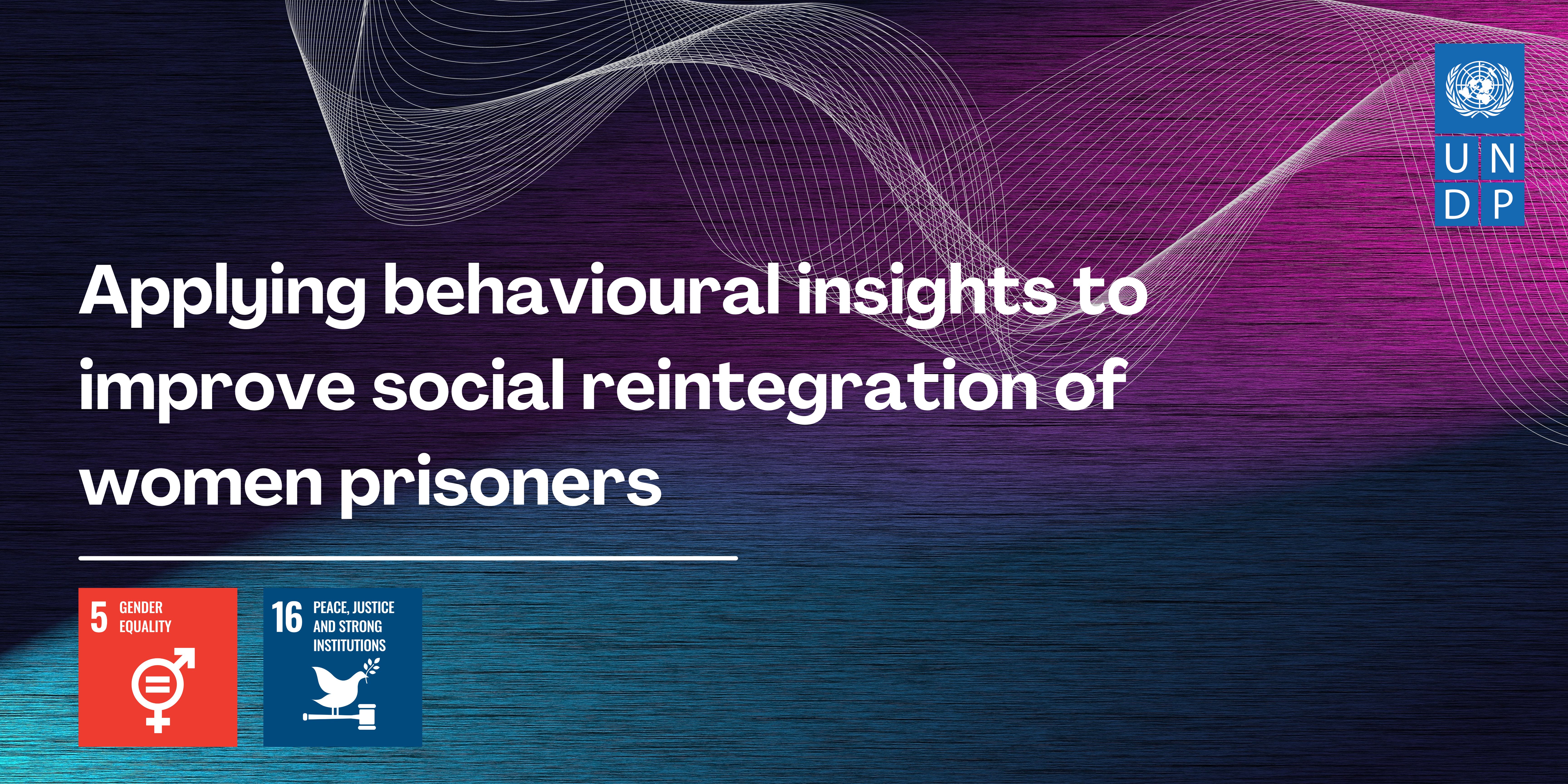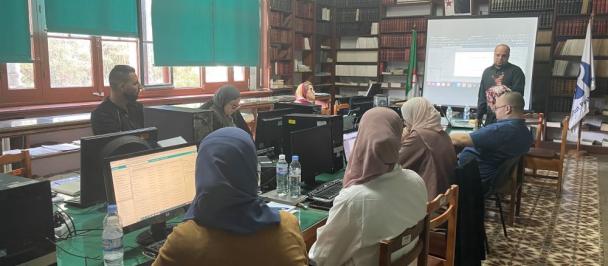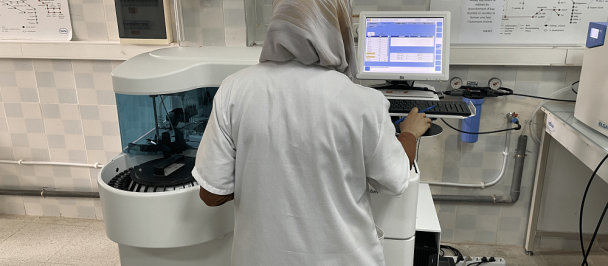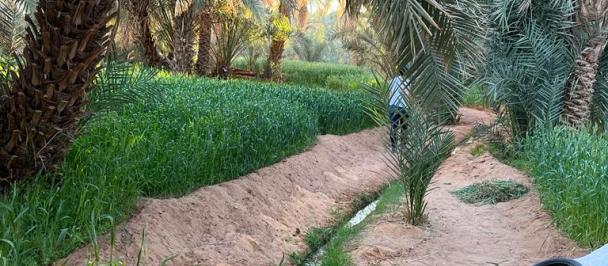Applying behavioural insights to improve social reintegration of women prisoners
13 septembre 2023

Women prisoners’ vulnerability is a complex, multifactorial and universal issue. Due to cultural and social norms, discrimination, or even prison policies themselves, women often face specific problems while incarcerated. Imprisonment can lead to the deterioration of their family relations and to acute emotional, economic and social distress, especially after their release, as women former detainees are confronted to stronger prejudice and discrimination which complicates their socio-professional reintegration.
In Algeria, there is no specific detention regime for women. They are subject to the same rules as men, with one exception in relation to the adapted detention conditions from which pregnant women and young mothers should benefit[1].
Despite the relatively low number of women prisoners (estimated to represent less than 2% of the prison population only), their situation has been given special attention as part of the justice sector’s prison reform policy initiated in 2003.
In line with this reform, UNDP and the General Directorate of Penitentiary Administration and Reintegration (DGAPR) have specifically targeted this vulnerable group of prisoners in their project aiming to support the social reintegration of detainees. This partnership, which started in 2014 and ended in September 2022, has been successful in improving support and care services offered to women prisoners both by the administration but also by civil society organizations, and in generalizing individual psychological treatments and developing a more holistic approach to deal with the consequences of women’s imprisonment on their family (through the use of family therapies)[2]. Up until 2022, women were incarcerated in women's quarters inside men's prisons, but in October 2022, as a by-product of the project, a new establishment exclusively reserved to women prisoners opened its doors in the Wilaya of Saida, with a capacity of 200 prisoners.
The project also addressed the sensitive issue of women’s reintegration, and notably their post-release accommodation, by encouraging the issue to be put at the forefront of partner organizations’ agenda and initiating partnerships with civil society organizations for the provision of accommodations to former detainees. In addition, the project was included in a UNDP regional-level study that applied behavioural insights to initiatives aiming to foster women’s access to justice in order to improve their effectiveness. In Algeria (one of the three selected countries), the study focused more specifically on support and care services provided to women prisoners by the ‘External Services’ (the administration units in charge of overseeing social reintegration support services).
Conducted by an independent team of behavioural science experts, the study looked at the bottlenecks that impede women prisoners from accessing and making the most of the help offered by the External Services in view of their reintegration. It identified 8 simple but promising solutions to increase women’s engagement with those services. Three of these solutions, related to the crucial phase of prison release, have been considered as a priority by the project partners, and two will benefit from funding for their implementation.
Through an innovative methodology, two teams of UNDP Algeria (Rule of Law and the Accelerator Labs) will thus work hand-in-hand to develop and introduce a new tool in External Services’ service offer: the re-integration plan. This planning exercise will aim at helping soon-to-be released women better outline their reintegration goals and, with the support of trained External Services staff, identify and agree on the steps they are ready and willing to take to increase the likelihood of them completing their re-integration plan. Although many prison systems throughout the world have already implemented such reintegration plans, this approach nevertheless remains a novelty for Algeria. Moreover, through the development of an individualised planning tool based on direct beneficiaries’ needs, the initiative will place women as actors of their own future.
Pilot units from the External Services will be targeted by the experimentation which will start in June 2023. The first results will be expected in December of the same year and, should they show improvements, the initiative will be generalized to all units by 2027.
Going beyond the project results, this research was an opportunity for the country office to implement an innovative approach and use behavioural science to assess the effectiveness of one of its long-standing projects. It is also a practical example of how we can (and should) break silos between teams, to get access to best practices and improve the impact of our programmes on our beneficiaries.
[1] After giving birth, the child is either placed in a foster home or with his/her family or can remain with the imprisoned mother up until 3 years old.
[2]https://www.undp.org/fr/algeria/histoires/limpact-du-projet-appui-la-reinsertion-sociale-des-detenues-parcours-de-reinsertion-de-femmes-ex-detenues.

 Locations
Locations

